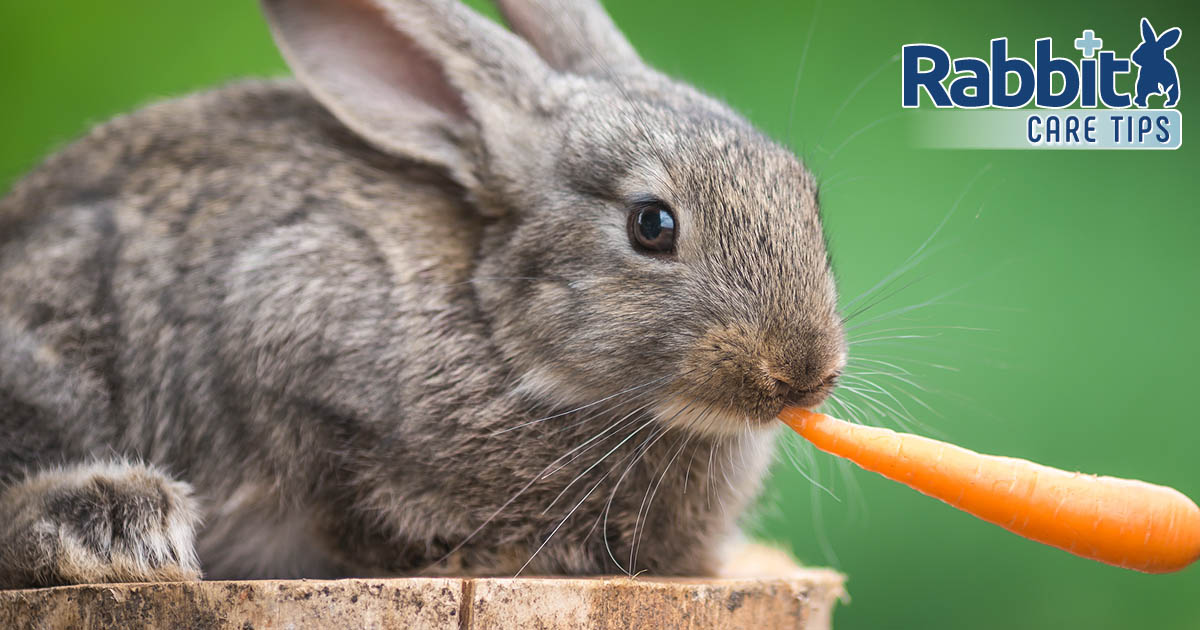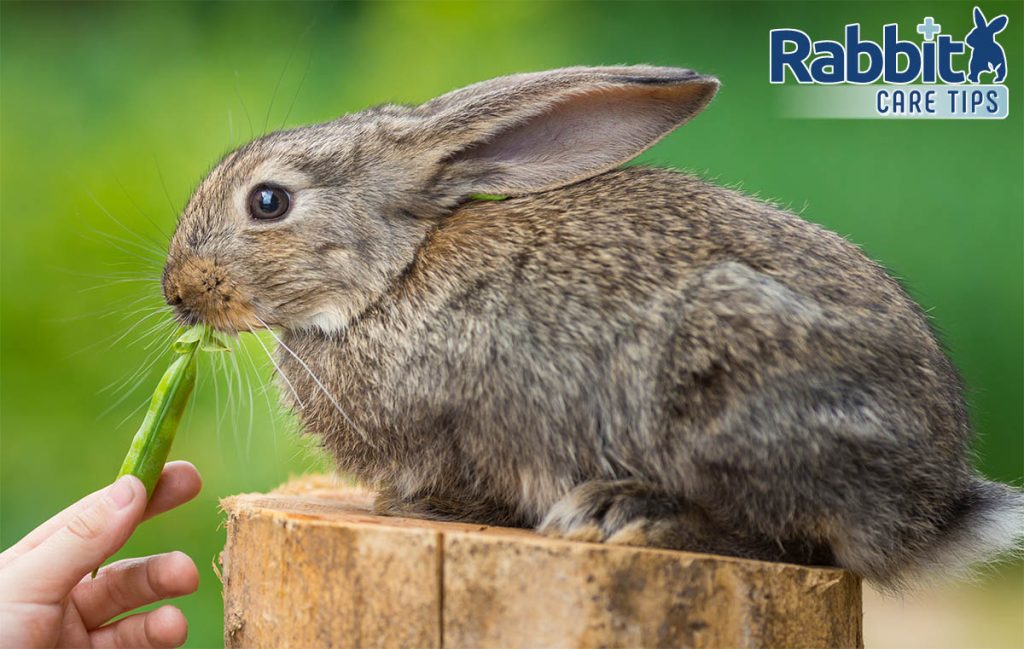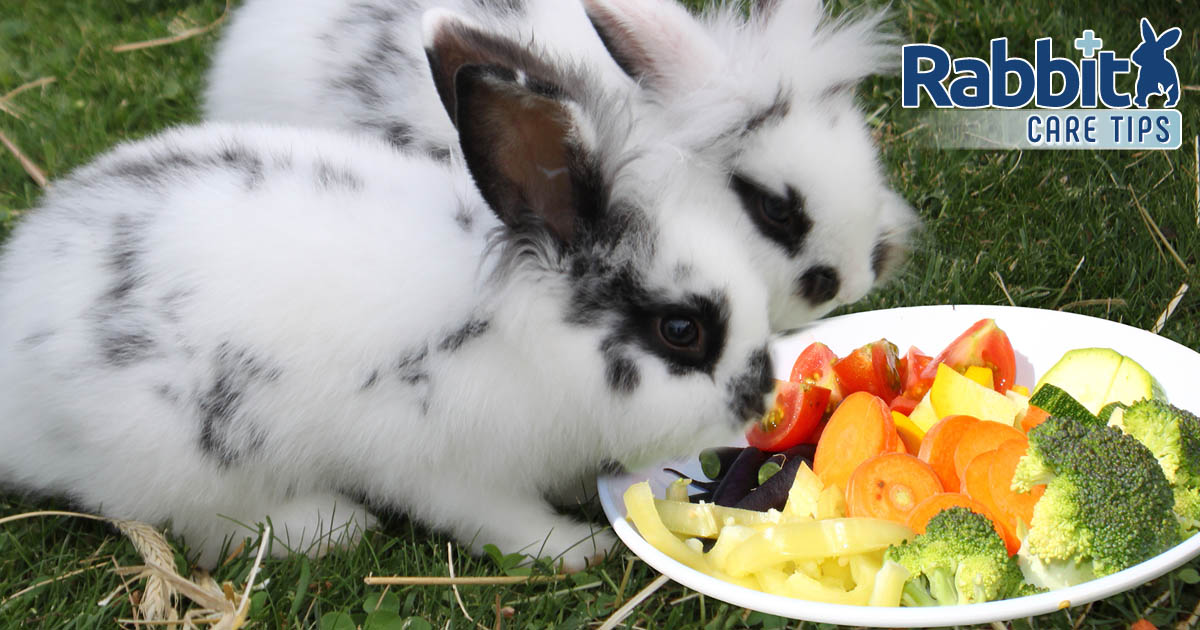Feeding your rabbit vegetables is a big part of rabbit ownership, but you still need to know what is and is not safe to give to them. Rabbits have delicate digestive systems, and they cannot vomit, so you need to monitor what goes into their food bowls with care to avoid issues arising.
Your rabbit can eat a wide selection of vegetables, and the more variety you can offer, the better. There are certain food groups that you must give to your rabbit in more moderate amounts, while others can be fed in larger portions and more frequently. Your rabbit should always have a fresh supply of hay, and you should give it as much hay as it will eat.
Can Rabbits Eat Brassicas?
The brassica family is a big one, and many of the vegetables included in this group are ones that we think of as particularly healthy for us – so are they also healthy for our bunnies? The answer is that moderation is the key.
This family includes:
- Broccoli
- Cabbage
- Cauliflower
- Turnips
- Bok choy
- Radishes
- Kale
- Brussels sprouts
- Kohlrabi
- Arugula
These vegetables are all ones that you might want to share with your rabbit, and they should be safe, but it is absolutely crucial to feed them in small amounts and not to feed them on successive days.
If you give your rabbit broccoli one day, you should skip all other brassicas for at least a day or two, and choose other vegetables instead.
There is a simple reason for this. Brassicas are closely associated with gassiness, and this can be very uncomfortable for a rabbit. Although rabbits can fart to release excess gas, it is easy for it to get trapped in their system, and this can cause stomach cramps and other pain.
In really serious cases, it can actually be fatal for your rabbit, and brassicas contribute heavily to gas, so if you are going to give your rabbit brassicas, you should make sure that you only do so from time to time.
Feeding them to your rabbit infrequently will ensure that its system has time to deal with the gas buildup and get rid of any excess before it eats more gas-causing foods. Make sure you are rotating brassicas in and out of your rabbit’s diet and not giving them to it often.
Can Rabbits Eat Carrots?

We are all familiar with the trope of rabbits munching on a nice orange carrot for breakfast, and it is true that rabbits enjoy these vegetables – and they are safe in moderate amounts. Carrots contain lots of useful vitamins, but they do also have quite a bit of sugar in them.
You can safely feed your rabbits small amounts of carrot, but you should bear this sugar in mind, especially if your rabbit is a little plump. Rabbits need high fiber, low sugar diets, and if they eat a lot of carrot, they risk becoming obese.
Can Rabbits Eat Onions?
Most humans love onions, and we use them when cooking a huge variety of meals. It’s no surprise if you are tempted to feed the occasional slice of this delicious vegetable to your rabbit, but you should absolutely refrain from doing so.
Onions are not safe for rabbits to eat for a number of reasons. Most notably, they contain a compound called thiosulphate, and this will have a major impact on your rabbit’s red blood cells, causing something called hemolytic anemia.
In serious cases, this may cause the red blood cells to burst, which will kill your rabbit. It can also poison your rabbit, leading to excessive salivation, mouth irritation, lethargy, weakness, and red urine.
This is also true of garlic; despite being extremely healthy for people to consume, it is unsafe for rabbits and should not be fed to them. Fortunately, rabbits will generally avoid both of these foods if you offer them, but you should still be cautious about doing so just in case the rabbit does decide to eat them.
Can Rabbits Eat Beets?
Beets, like most vegetables, are okay in small quantities but they should not be fed in large amounts. Both the leaves and the vegetables are okay, but the leaves contain high amounts of oxalic acid, which can upset your rabbit’s digestive system.
It is also possible for large quantities of oxalic acid to cause kidney damage and poisoning. If you are going to give your rabbit beet leaves, avoid other leaves that contain a lot of oxalic acid to reduce this risk. Spinach, endive, and Swiss chard are all sources of oxalic acid, so instead, choose some Romaine lettuce or other healthy greens to pair with beet leaves.
The actual beet itself is reasonably healthy and can be fed to rabbits safely, but you should limit the quantity again because these are full of sugar and starch, so they can lead to obesity.
If you feed your rabbit beets, be aware that its urine may turn red as a result of the beets’ color. This is nothing to worry about, and it should soon revert to normal.
Can Rabbits Eat Potatoes?
No, potatoes aren’t good food for rabbits, although they are not actively poisonous. Most people do not feed their rabbits potatoes because they are very high in starch, and any green bits contain a dangerous compound called solanine, which will make your rabbit very sick.
Potatoes may have eyes containing this compound embedded in the flesh, so even if the potato looks safe to you, it may not be safe for the rabbit to eat. Because rabbits have such sensitive digestive systems, it’s best to avoid this vegetable.
Rabbits do occasionally eat potatoes in the wild, but it would be rare for them to find them, and they consequently don’t have much of a sense of control when it comes to this starchy, carbohydrate-rich vegetable. This can lead to them consuming far too much potato and upsetting their digestive systems.
You should never give your rabbit cooked potato, as their digestive systems have not evolved to handle cooked foods, and this could make them very ill. If your rabbit has eaten cooked potato from your plate, keep a close eye on it and make sure it is not showing any symptoms of distress or pain.
Can Rabbits Eat Squash?
Squashes are a common food and come in wide different varieties, and pretty much all of them (besides ornamental squashes) are safe for your rabbit to consume. If you grow your own squashes, taste a little bit before feeding any to your rabbit to double-check it hasn’t been cross-pollinated by a wild squash.
Squashes that are unsafe to eat will have a bitter flavor, so there is very little risk of you feeding your rabbit the wrong thing if you do this taste test.
Otherwise, squashes are a healthy option that most rabbits love. They do have starch and sugars in them, so they must also be fed in moderation, but they are packed with valuable nutrients and vitamins.
You can feed your rabbit pumpkin, yellow squash, butternut squash, zucchini, and more. Keep the overall quantities low, even if you are feeding your rabbit a wide variety, and make sure that you remove all the seeds before offering pieces to your rabbit.
Seeds pose a choking hazard, so they should always be scraped out and discarded first. The peel of squash should be fine for a rabbit to eat, but you should give it a good scrub before feeding it to your bunny.
In general, the peel has more fiber in it, so it’s often better for the rabbit than the actual fruit itself.
Can Rabbits Eat Peas?

Rabbits can eat fresh peas, but not dried peas. Peas contain antioxidants that can help to protect your rabbit from cancer and other illnesses, but dried peas present a risk of intestinal blockages and could kill your rabbit.
As long as your rabbit has peas in limited quantities, they are a safe and nutritious source of food, but they are still quite a sugary option. You should remember that even the best vegetables have the potential to introduce too much sugar to your rabbit’s diet, and wild rabbits live predominantly on grass, with few other foods mixed in.
The pods of peas are safe for your rabbit, and so are the shoots and leaves, so if you grow peas yourself, try including little snippets of the plant in your rabbit’s food dish. However, you should also be aware that peas can cause gassiness and may be a little too high in calcium to be healthy for your rabbit in large quantities.
Can Rabbits Eat Leeks?
As a member of the onion family, leeks are again not particularly safe for rabbits, and they can be toxic. You should not give your rabbit any part of a leek, cooked or raw, or any foods that contain leek, such as soups or stews.
The leek flower is also poisonous, so don’t pick these from your garden and offer them to your bunny.
Can Rabbits Eat Sweetcorn?
Many rabbits would love to eat sweetcorn, but the general consensus is that this vegetable has too much sugar in it to be a safe option. It does not contain anything actively dangerous, but it also offers little useful nutrition to your bunny and, therefore, should not be offered as food.
The occasional corn kernel is not going to do your rabbit any major harm, but it is best not to give them to your rabbit anyway. There are plenty of other options that are more nutritionally beneficial and should be offered instead.
A further problem occurs if you buy non-organic corn, as it is a crop that is particularly popular with pests and therefore tends to be heavily sprayed with insecticides. While this residue is generally considered minor enough to be safe for humans, a rabbit is much smaller and could be harmed by ingesting these chemicals.
How Many Vegetables Is It Safe for Rabbits to Eat?
Although there are lots of good options, and most offer beneficial nutrients to your rabbit, it is important to be cautious about how many vegetables you let your rabbit consume on a daily basis. You should be looking to rotate the things you offer, but you should also be limiting the overall quantity, as rabbits have not evolved to eat large amounts of vegetables.
Only around ten percent of your rabbit’s diet should come from treat foods like carrots, broccoli, and other vegetables. All the rest should come from hay, with possibly a small percentage of pellets mixed in.
Rabbits depend heavily on high-fiber options to push food through their digestive systems, and if your rabbit eats too many low-fiber vegetables, its guts will stop moving properly. This can cause food to linger in the digestive tract and start fermenting, which results in gas buildup.
If you are worried that your rabbit is not eating or pooping, you need to take it directly to a vet. This condition is known as GI stasis, and it can quickly become fatal to rabbits. Eating too many vegetables will lead to this issue.

